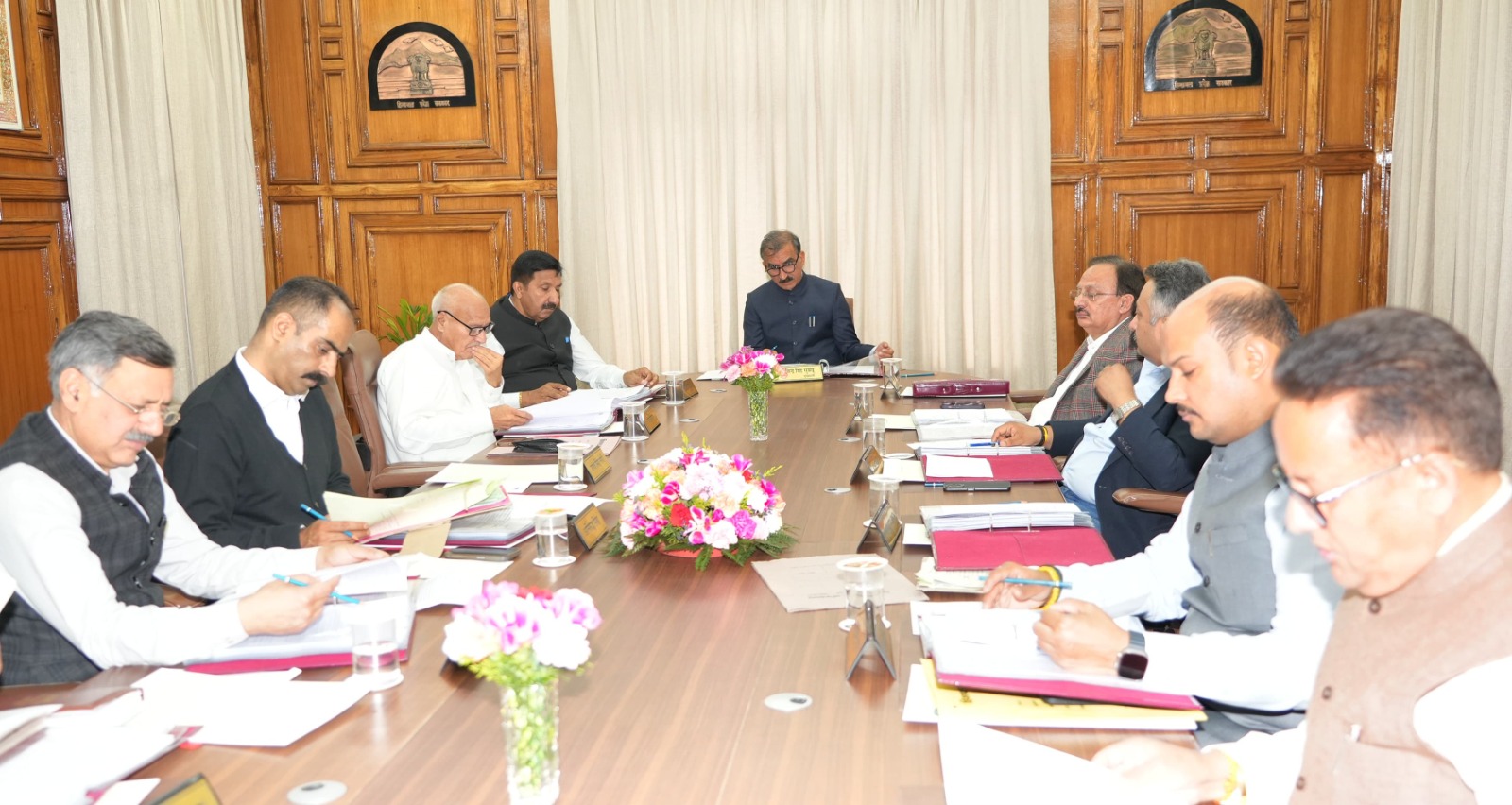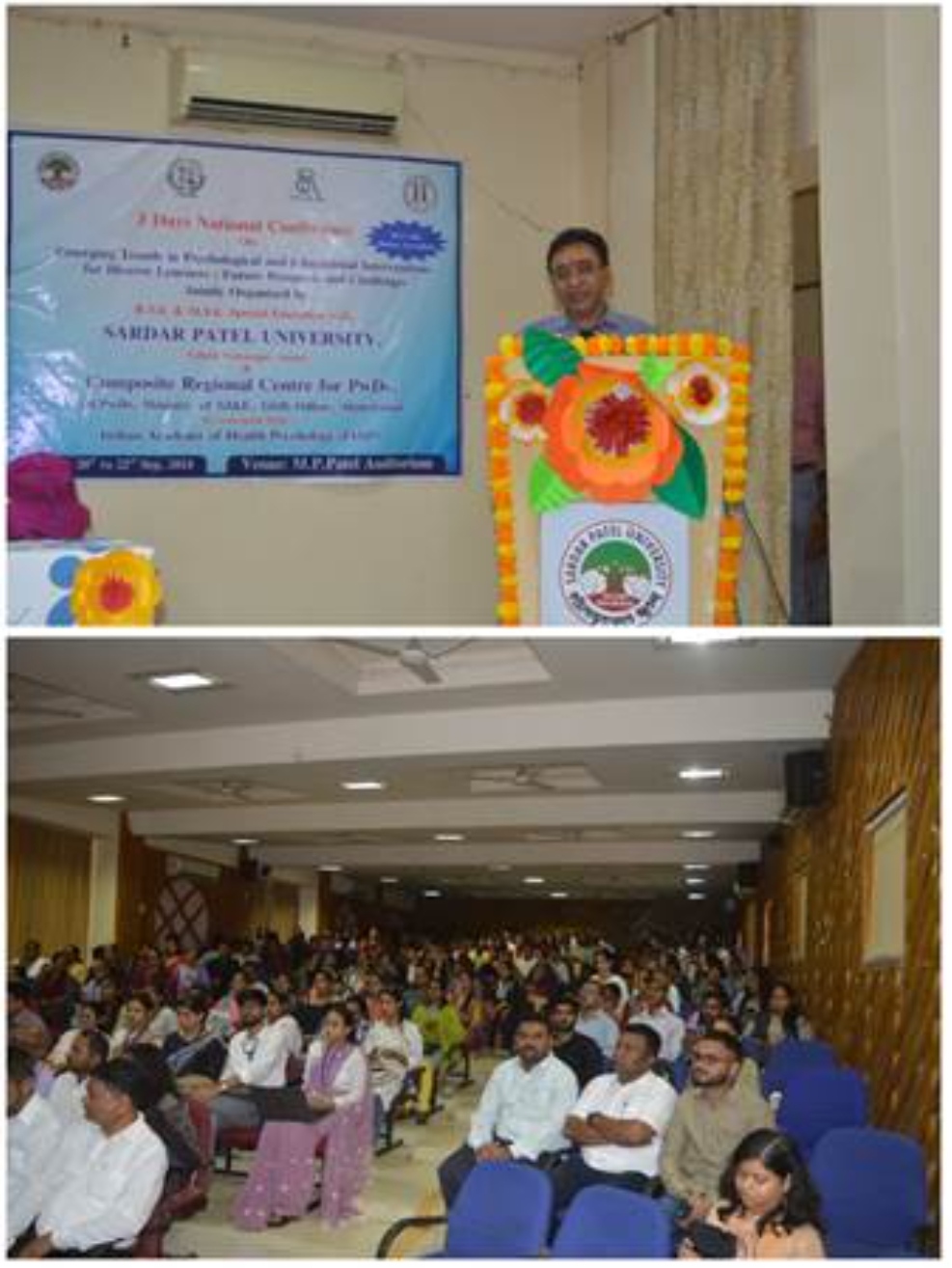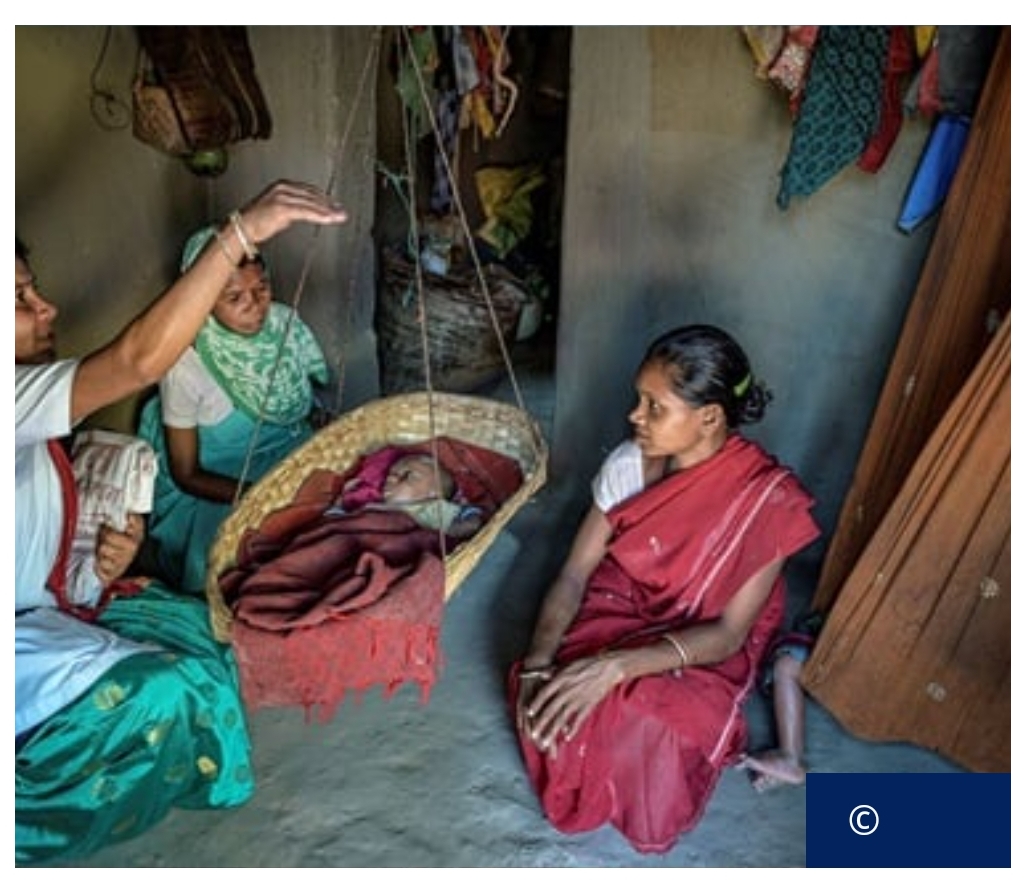Georgia Achieves Malaria-Free Status After Nearly a Century-Long Effort.
Georgia:
The World Health Organization (WHO) has officially certified Georgia as malaria-free, marking a significant milestone in the country’s nearly century-long effort to eliminate the disease. Georgia joins 45 other countries and one territory that have achieved this status.
According to Dr. Tedros Adhanom Ghebreyesus, WHO Director-General, “Georgia’s commitment and success give us hope that a malaria-free world is possible.” Dr. Hans Henri P. Kluge, WHO Regional Director for Europe, noted that this achievement brings the WHO European Region one step closer to becoming the first malaria-free region in the world.
Georgia’s journey to becoming malaria-free has been long and challenging. Malaria has plagued the country since ancient times, with at least three malaria parasite species endemic in the country before systematic control efforts began in the early 1900s. Despite significant progress in reducing malaria cases, the disease reemerged in 2002, with 474 cases reported.
However, Georgia’s renewed commitment to eliminating malaria, including signing the Tashkent Declaration in 2005 and the Ashgabat Statement in 2017, has paid off. The country reported zero indigenous cases of malaria by 2015, and has maintained this status since then.
The WHO’s malaria-free certification is granted when a country has proven, beyond reasonable doubt, that the chain of indigenous transmission has been interrupted nationwide for at least three consecutive years. Georgia’s certification is a testament to the country’s well-functioning healthcare system, strong public-private cooperation, and political commitment to maintaining a malaria-free status.
With Georgia’s achievement, the WHO European Region is now one step closer to becoming malaria-free. Türkiye is the only country in the region remaining to be certified.



